
Tyre: A Journey Through Time
Tyre, a coastal gem in Lebanon, is a city that perfectly blends ancient history with vibrant modern life. Known for its rich Phoenician heritage, this city offers a unique glimpse into the past with its well-preserved archaeological sites. Stroll through the ancient ruins of Al Bass Archaeological Site, where you can see remnants of Roman baths, a grand necropolis, and an impressive hippodrome. The UNESCO World Heritage site of Al-Mina is another must-visit, showcasing stunning mosaics and the remains of a once-thriving Phoenician port. Beyond its historical treasures, Tyre boasts beautiful beaches with golden sands and clear blue waters, perfect for relaxation and water sports. The city's charming old town is a labyrinth of narrow streets, filled with traditional Lebanese houses, bustling markets, and cozy cafes. Here, you can sample delicious local cuisine, from fresh seafood to savory mezzes, while enjoying the warm hospitality of the locals. Tyre is also a great base for exploring the wider region of Southern Lebanon. Whether you are interested in history, culture, or simply soaking up the Mediterranean sun, Tyre promises an unforgettable experience for every traveler.
Local tips in Tyre
- Visit the archaeological sites early in the morning to avoid crowds and the midday heat.
- Wear comfortable walking shoes as the ancient ruins have uneven surfaces.
- Try the local seafood at one of the seaside restaurants for an authentic culinary experience.
- Respect local customs and dress modestly, especially when visiting religious sites.
- Don't miss the weekly souk (market) in the old town for unique souvenirs and local crafts.
Tyre: A Journey Through Time
Tyre, a coastal gem in Lebanon, is a city that perfectly blends ancient history with vibrant modern life. Known for its rich Phoenician heritage, this city offers a unique glimpse into the past with its well-preserved archaeological sites. Stroll through the ancient ruins of Al Bass Archaeological Site, where you can see remnants of Roman baths, a grand necropolis, and an impressive hippodrome. The UNESCO World Heritage site of Al-Mina is another must-visit, showcasing stunning mosaics and the remains of a once-thriving Phoenician port. Beyond its historical treasures, Tyre boasts beautiful beaches with golden sands and clear blue waters, perfect for relaxation and water sports. The city's charming old town is a labyrinth of narrow streets, filled with traditional Lebanese houses, bustling markets, and cozy cafes. Here, you can sample delicious local cuisine, from fresh seafood to savory mezzes, while enjoying the warm hospitality of the locals. Tyre is also a great base for exploring the wider region of Southern Lebanon. Whether you are interested in history, culture, or simply soaking up the Mediterranean sun, Tyre promises an unforgettable experience for every traveler.
When is the best time to go to Tyre?
Iconic landmarks you can’t miss
Ruins of Tyre - Necropolis
Explore the ancient wonders of the Ruins of Tyre - Necropolis, where history and culture intertwine along Lebanon's captivating coast.
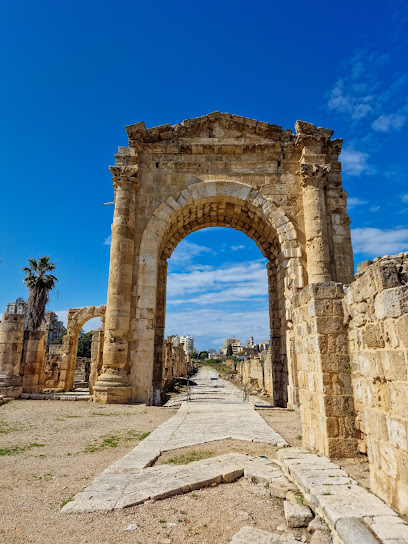
Sour Beach
Experience the stunning beauty and vibrant atmosphere of Sour Beach in Tyre, Lebanon, where relaxation meets adventure along the Mediterranean coastline.
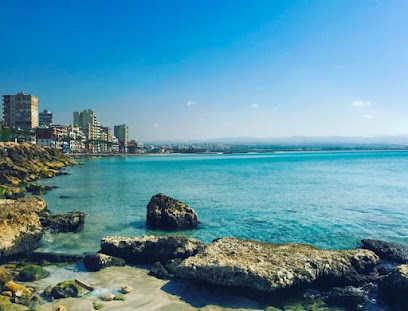
Tyre World Heritage Site
Explore Tyre, a UNESCO World Heritage Site rich in history and stunning coastal views, perfect for travelers seeking to immerse in ancient civilizations.
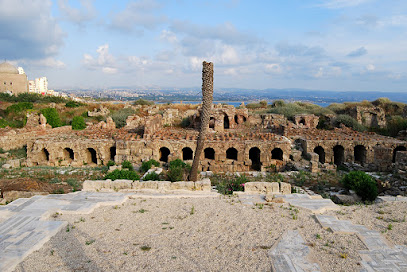
Tyre Beach
Experience the natural beauty and rich history of Tyre Beach, Lebanon's stunning Mediterranean destination perfect for relaxation and adventure.
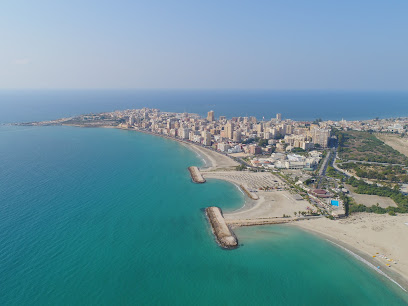
Tyre Hippodrome
Uncover the historical richness of the Tyre Hippodrome, a stunning ancient Roman site filled with culture and history along the Mediterranean coast.
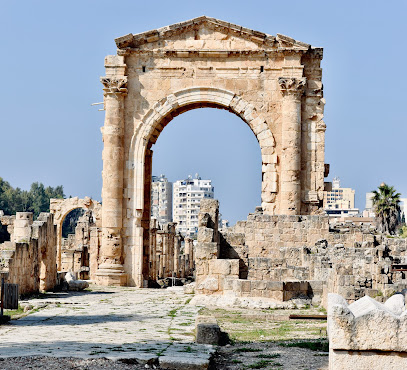
Tyre Coast Nature Reserve
Explore the breathtaking Tyre Coast Nature Reserve, a sanctuary of biodiversity and stunning Mediterranean landscapes in Southern Lebanon.
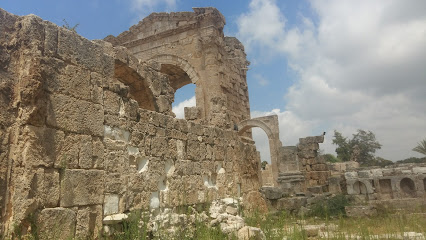
Ruins of Tyre : The Egyptian Port
Explore the breathtaking Ruins of Tyre, a UNESCO World Heritage Site, where ancient Phoenician history meets stunning Mediterranean views.
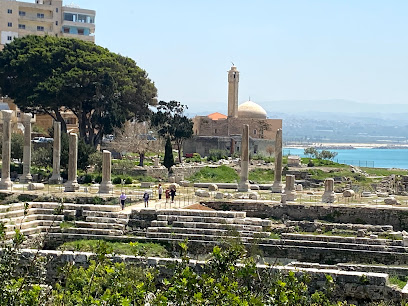
بحر صور
Experience the beauty of Bahr Sour in Tyre, Lebanon, where stunning beaches meet rich history and vibrant marine life in a perfect coastal getaway.
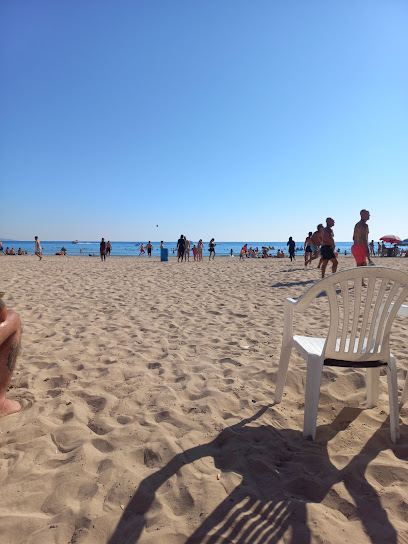
Tyre Lighthouse (Al Fanar)
Experience the beauty and tranquility of Tyre Lighthouse, a stunning coastal gem in Lebanon offering breathtaking views and a glimpse into maritime history.
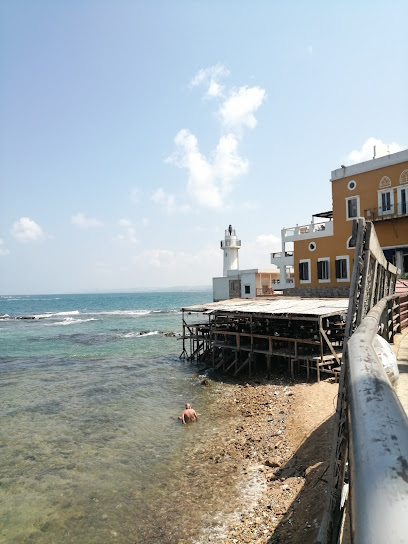
Tyre Cemetery
Explore Tyre Cemetery: A Historical Treasure of Ancient Lebanon with Unique Tombs and Rich Cultural Heritage.
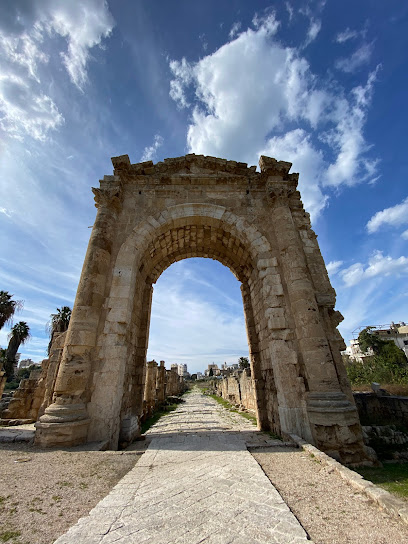
Tyre Al-Bass World Heritage Site
Explore the rich history and stunning ruins of Tyre Al-Bass World Heritage Site, a UNESCO treasure that captivates with its ancient Phoenician legacy.

Byzantine Arch of Tyre
Explore the Byzantine Arch of Tyre, a stunning historical landmark showcasing the architectural brilliance of the Byzantine Empire amidst Lebanon's rich cultural heritage.

Tyre City Cisterns
Explore the ancient engineering wonder of Tyre City Cisterns, a UNESCO World Heritage site showcasing Phoenician ingenuity and history.
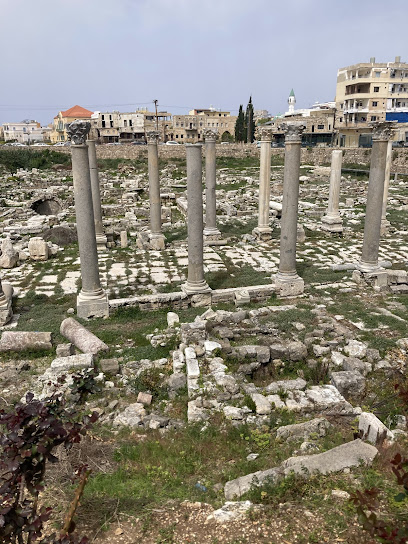
Tyre corniche
Explore the enchanting Tyre Corniche, a scenic waterfront promenade in Lebanon blending history, culture, and stunning Mediterranean views.
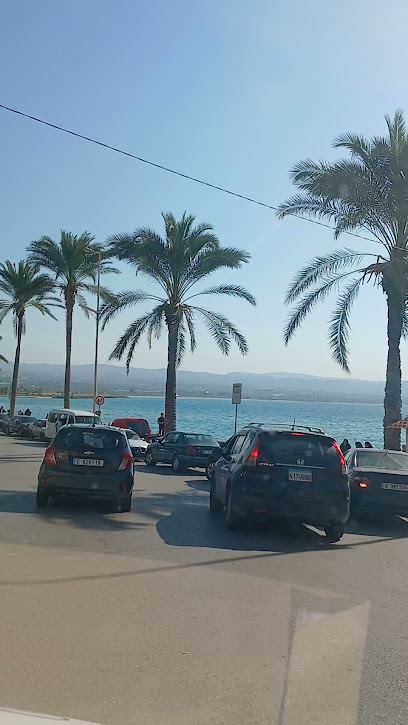
Entrance to the Tyre Al-Bass World Heritage Site
Explore the ancient wonders of the Tyre Al-Bass World Heritage Site, a historical landmark rich with archaeological treasures and Mediterranean beauty.
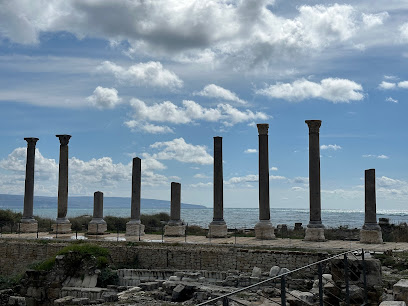
Unmissable attractions to see
Rosh HaNikra Grottoes
Discover the stunning Rosh HaNikra Grottoes: a natural wonder where the Mediterranean Sea meets Israel's northern border.
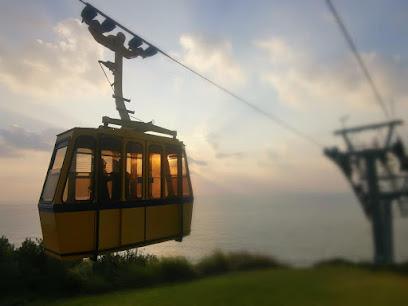
Tel Dan Nature Reserve
Discover a unique blend of nature and history at Tel Dan Nature Reserve, where ancient ruins meet lush landscapes.
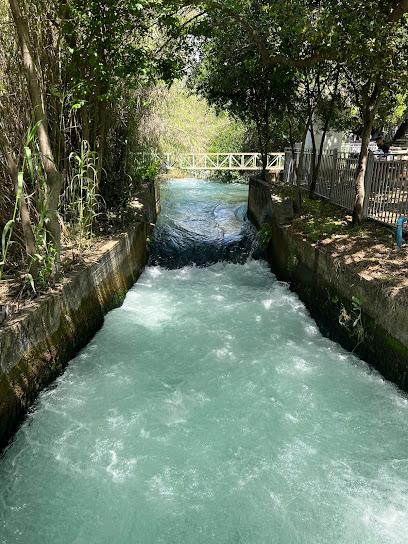
Hermon Stream Nature Reserve
Discover Israel's natural beauty and ancient history at the Hermon Stream Nature Reserve, home to stunning waterfalls and archaeological wonders.
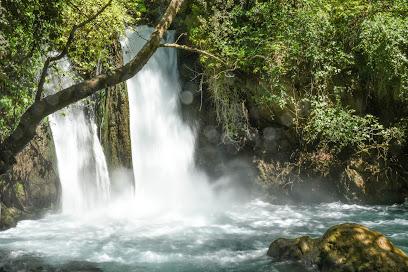
Knights' Halls, Old Akko
Discover the medieval world of Crusader knights in the remarkably preserved Knights' Halls of Acre, a UNESCO World Heritage Site.
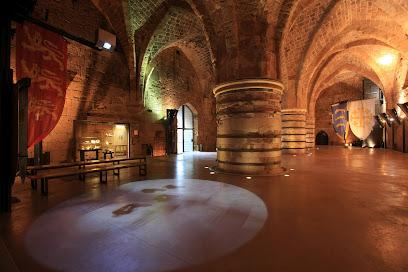
Keshet Cave
Discover the breathtaking views from this unique natural arch in the Upper Galilee, a perfect spot for hiking and rappelling.
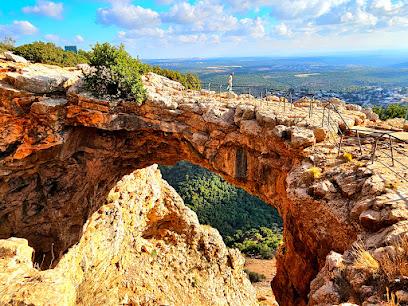
Nahal Snir Nature Preserve
Discover Nahal Snir Nature Preserve: Hike, wade, and explore the refreshing beauty of Israel's Upper Galilee, a perfect escape for nature lovers.
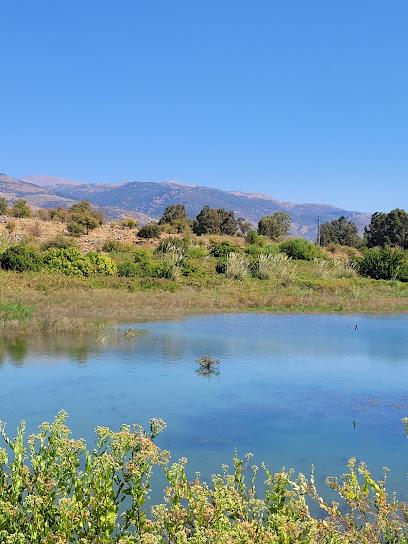
Templar's Tunnel
Explore a secret Crusader passage in Acre: the Templar's Tunnel, a 12th-century marvel connecting fortress to port.
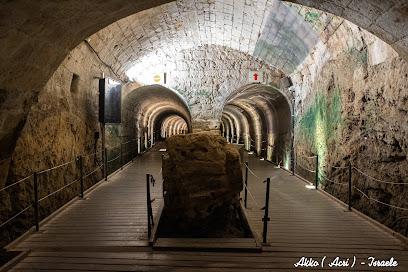
Nimrod Fortress National Park
Explore Israel's largest medieval fortress in Nimrod Fortress National Park, offering stunning views and a rich history in the Golan Heights.
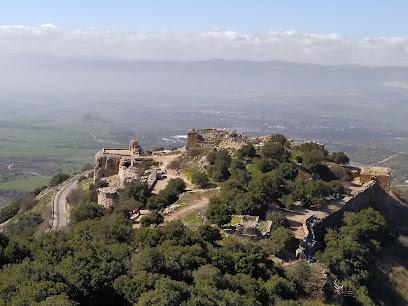
Hula Nature Reserve
Discover a restored wetland teeming with diverse wildlife and millions of migrating birds in Israel's Hula Nature Reserve.
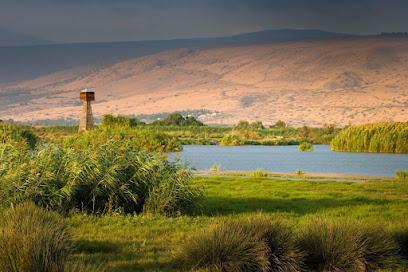
Sidon Sea Castle
Explore the historic Sidon Sea Castle, a medieval fortress with stunning sea views and a rich Crusader history.
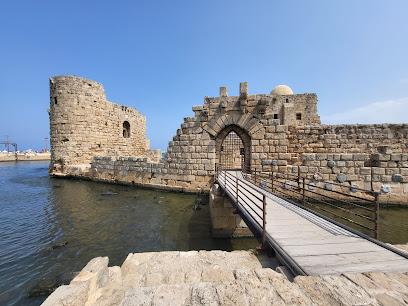
Almona Gardens
Discover Almona Gardens in Julis: A serene oasis of natural beauty, vibrant flora, and tranquil landscapes perfect for relaxation and exploration.
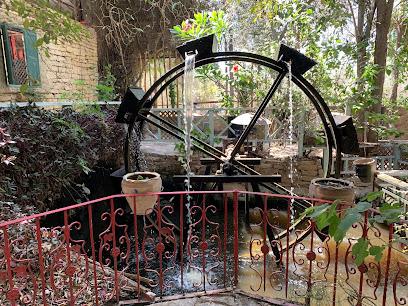
Tyre Beach
Discover Tyre Beach: Where ancient history meets coastal beauty on Lebanon's Mediterranean shore. Explore ruins, relax on pristine sands, and soak up the sun!
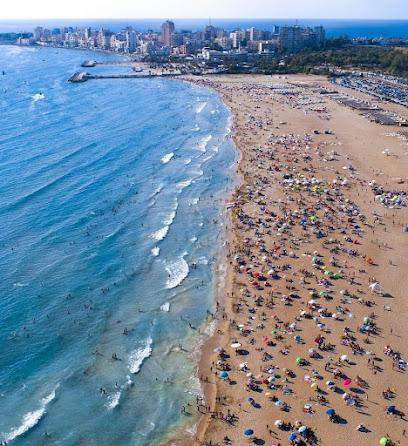
Jezzine Waterfall
Experience the majestic beauty of Jezzine Waterfall, a natural wonder in South Lebanon offering breathtaking views and a tranquil escape.
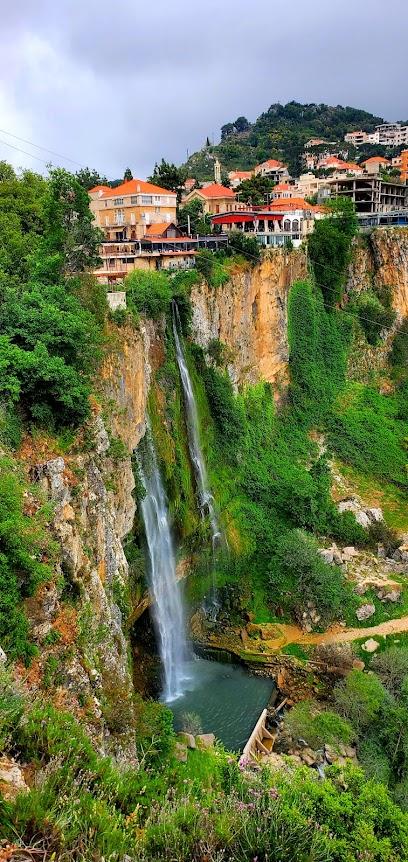
Beaufort Castle
Explore the historic Beaufort Castle in Southern Lebanon, a Crusader fortress with breathtaking panoramic views of the Litani River valley.
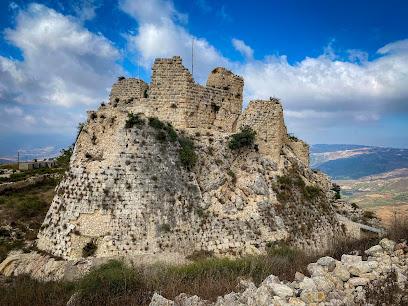
Or Torah Synagogue
Discover a breathtaking mosaic tribute to Jewish history and culture at Acre's Or Torah Synagogue, a unique and unforgettable landmark.
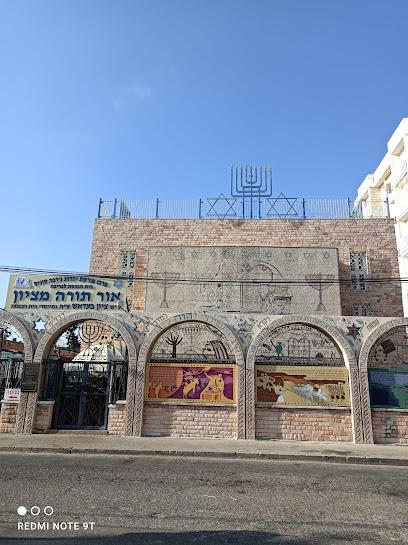
Essential places to dine
Cloud 59
Experience exquisite Lebanese cuisine amidst breathtaking natural beauty at Cloud 59 in Tyre.
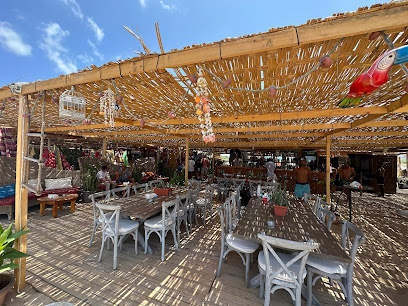
Le Phenicien Sea Food Restaurant
Discover authentic Lebanese seafood at Le Phenicien Sea Food Restaurant in Tyre - where fresh flavors meet breathtaking Mediterranean views.
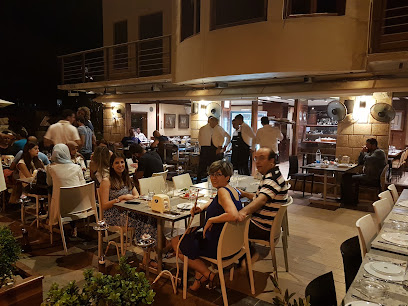
Abou Deeb - Restaurant
Experience authentic Lebanese cuisine at Abou Deeb Restaurant in Tyre – where every meal is a celebration of flavor and tradition.
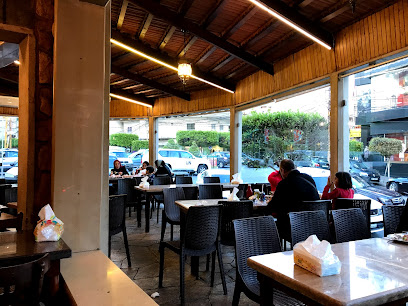
Al Fanar Restaurant & Auberge
Discover the essence of Lebanese cuisine at Al Fanar Restaurant & Auberge in Tyre – where tradition meets breathtaking views.
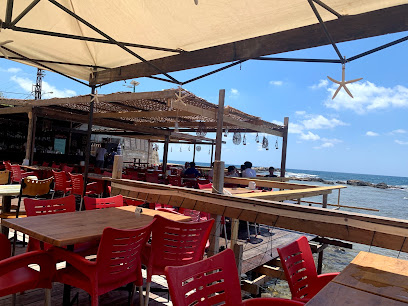
Ugarit
Discover Ugarit in Tyre: A delightful fusion of Middle Eastern cuisine and classic fish & chips awaits you.
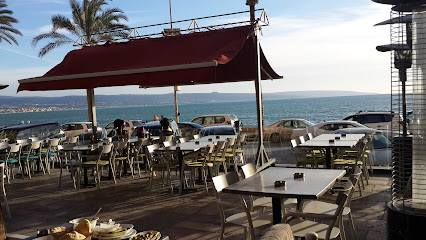
Rustica Cafe
Experience authentic Lebanese cuisine at Rustica Cafe in Tyre – where every meal tells a story of tradition and flavor.
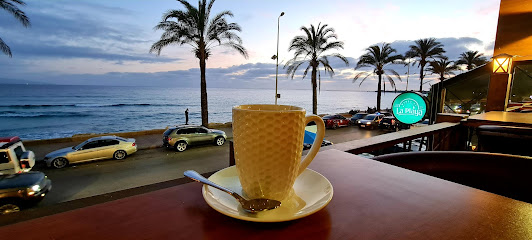
Port 79
Experience authentic Lebanese cuisine at Port 79 in Tyre - where every dish is crafted with love and tradition.
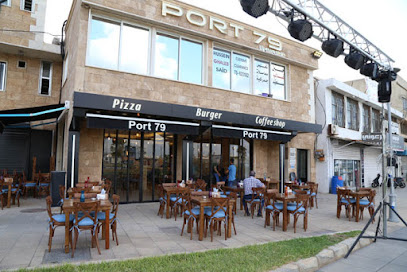
YAM Seafood Resto
Experience fresh Mediterranean seafood at YAM Seafood Resto in Tyre – where stunning views meet culinary excellence.
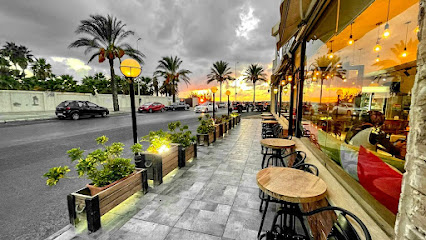
Bamboo Restaurant
Experience the best of Chinese cuisine in Tyre at Bamboo Restaurant - where tradition meets flavor in every bite.
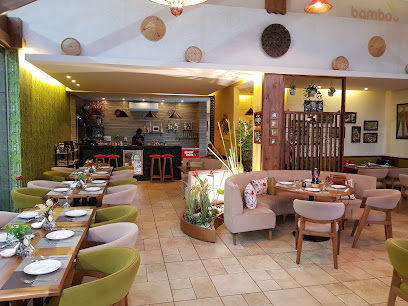
Al jamal
Discover Al Jamal: A vibrant restaurant in Tyre offering exquisite Lebanese cuisine in a charming setting.
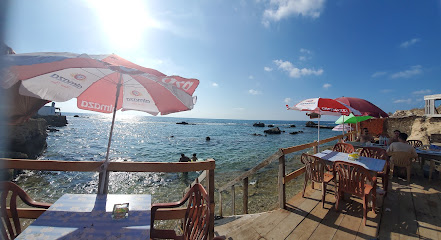
Kahloon RestoCafe
Experience exquisite Lebanese flavors at Kahloon RestoCafe—where tradition meets modern dining in an inviting atmosphere.
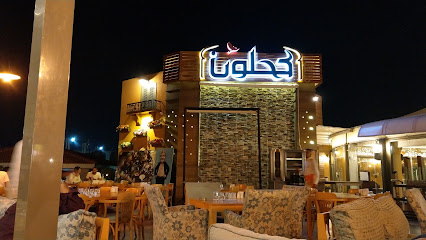
Al Marsah Tyre
Discover authentic Lebanese flavors at Al Marsah Tyre, where exquisite cuisine meets breathtaking Mediterranean views.
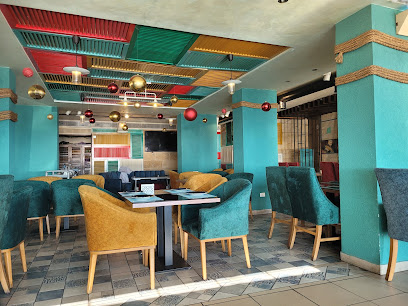
Salinas
Discover the flavors of Lebanon at Salinas in Tyre – where authentic cuisine meets breathtaking views.
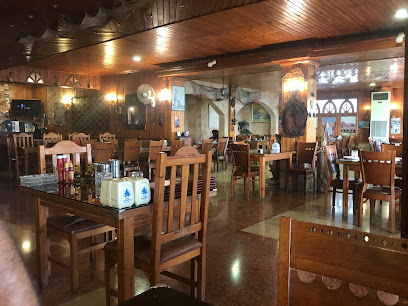
Aurelia Restaurant & Lounge
Experience authentic Mediterranean flavors at Aurelia Restaurant & Lounge in Tyre - a culinary delight with stunning ambiance.
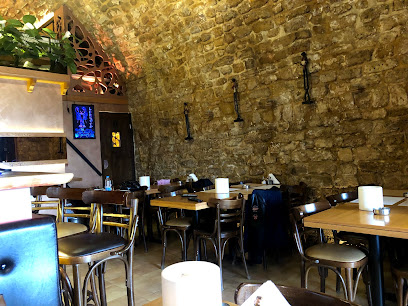
Captain Bob - Restaurant
Experience authentic Lebanese cuisine at Captain Bob in Tyre – where fresh seafood meets stunning Mediterranean views.
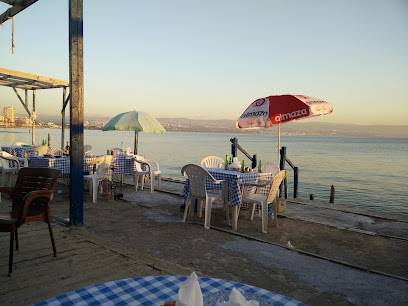
Markets, malls and hidden boutiques
COCCINELLE
Explore Coccinelle in Tyre, where exquisite furniture designs meet traditional craftsmanship to elevate your home decor experience.
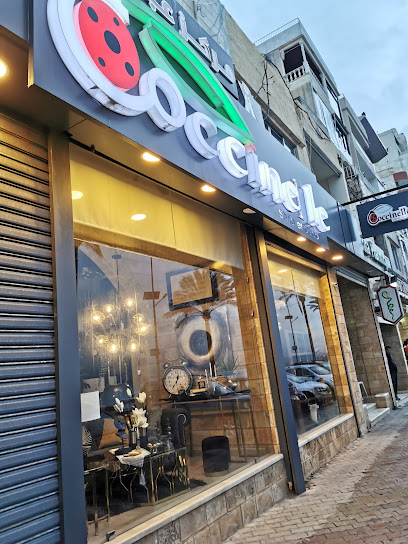
Matar Shopping Stores - Tyre
Experience the vibrant shopping culture of Tyre at Matar Shopping Stores, where local and international brands come together.

Moustache Tyre
Discover modern fashion at Moustache Tyre, where style meets the vibrant culture of Lebanon in a unique shopping experience.

Brandet Premium Stores
Discover the latest fashion trends at Brandet Premium Stores in Tyre, where style meets affordability in a vibrant shopping environment.
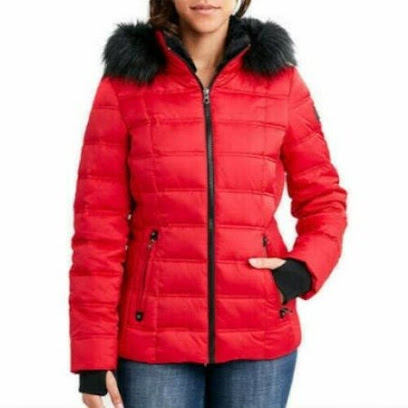
Turkish World
Discover a unique blend of traditional and modern fashion at the Turkish World in Tyre, a must-visit clothing store for every fashion enthusiast.

Slim Women's Clothing
Explore the latest in women's fashion at Slim Women's Clothing in Tyre, where style meets quality in every collection.
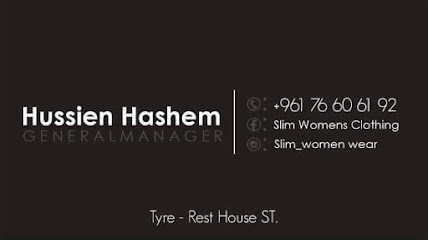
American Store
Discover a shopping haven at the American Store in Tyre, featuring diverse products and a vibrant local atmosphere for an unforgettable retail experience.
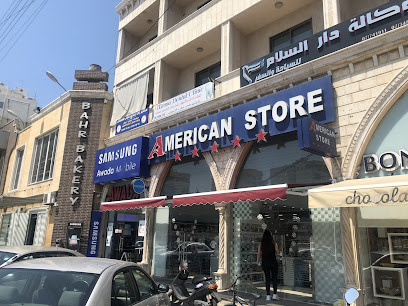
Sam sport
Explore Tyre's vibrant sportswear scene at Sam Sport, where quality meets style for every athlete's wardrobe.
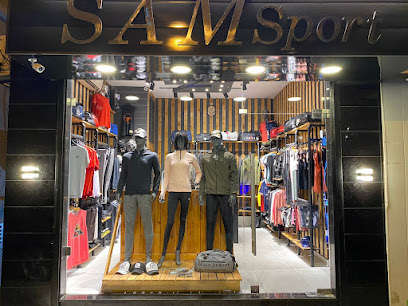
third eye shop
Explore unique clothing and accessories at the Third Eye Shop in Tyre, where local culture meets contemporary fashion in a vibrant shopping experience.
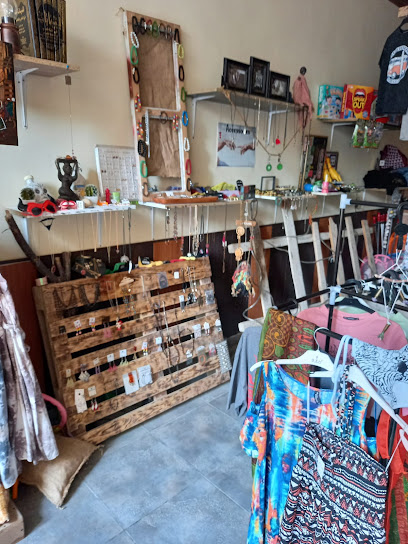
Hadid Jewelry Tyre
Explore Hadid Jewelry in Tyre for exquisite craftsmanship and a unique selection of fine jewelry that captures the essence of Lebanese artistry.
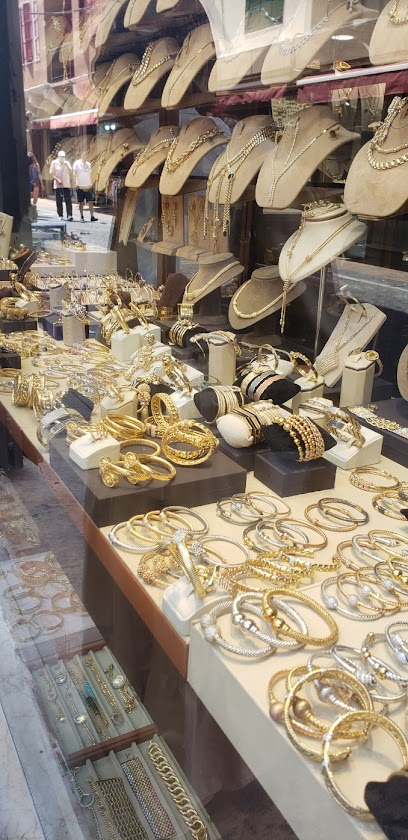
Le Petit Bazar
Explore Le Petit Bazar in Tyre for unique Lebanese gifts and local crafts that capture the essence of Lebanese culture.
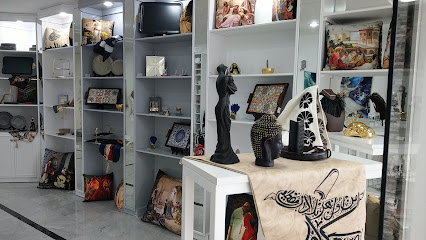
FLora
Explore FLora in Tyre for a blend of modern fashion and local culture, offering unique clothing and accessories for every occasion.
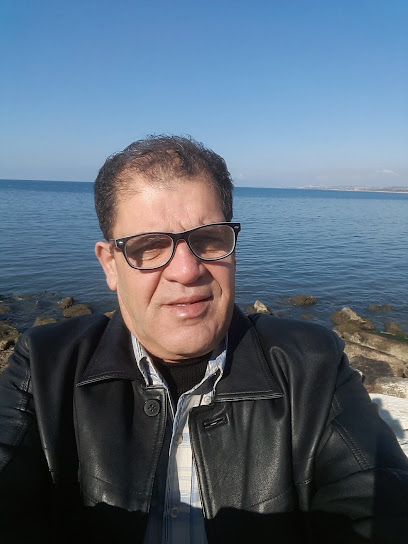
Dazzler shop
Discover unique fashion accessories at Dazzler Shop in Tyre, where local style meets contemporary trends for an unforgettable shopping experience.
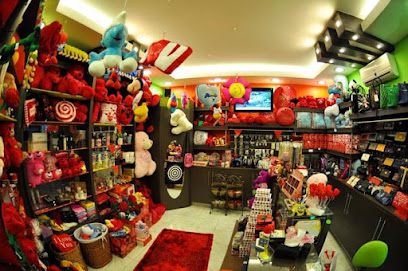
Karaouni Watches
Explore Karaouni Watches in Tyre's Old Souks, where exquisite craftsmanship meets the vibrant culture of Lebanon's historic marketplace.
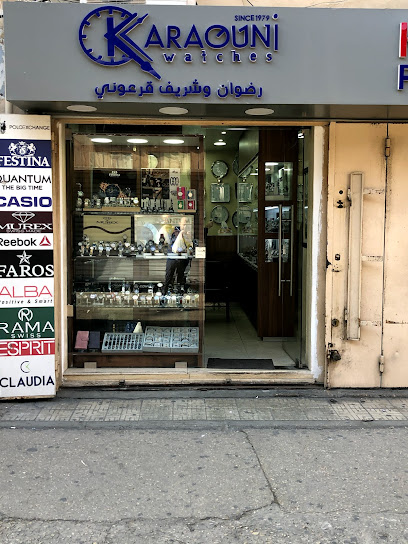
Queen Türkan
Discover the best of Lebanese fashion at Queen Türkan, a stylish clothing store in the heart of Tyre, offering unique designs and warm hospitality.

Essential bars & hidden hideouts
Cloud 59
Discover the culinary treasures of Tyre at Cloud 59, where nature meets exquisite Lebanese cuisine in a picturesque setting.
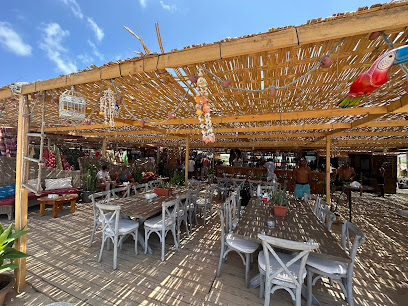
Le Phenicien Sea Food Restaurant
Experience the essence of Mediterranean seafood at Le Phenicien in Tyre, Lebanon, where freshness meets authenticity in every bite.
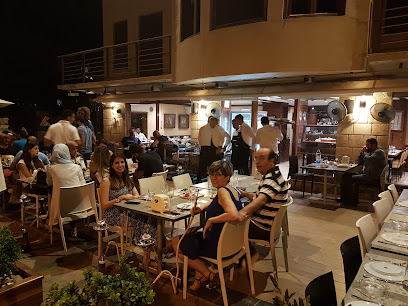
Tavolino Pub
Experience the vibrant nightlife of Fanar at Tavolino Pub, a hub for socializing, local brews, and entertainment in an inviting atmosphere.
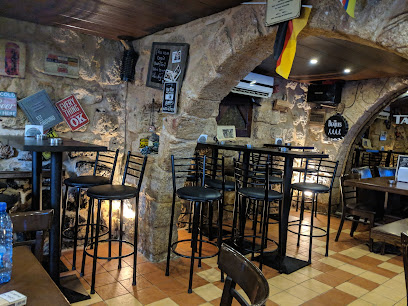
Aurelia Restaurant & Lounge
Experience the best of Mediterranean flavors at Aurelia Restaurant & Lounge in Tyre, where delicious cuisine meets a vibrant atmosphere.
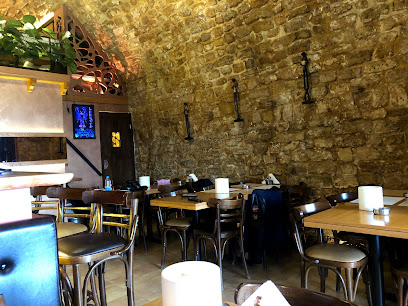
Chocolate Bar Tyre
Experience the ultimate dessert destination in Tyre with exquisite chocolates, delightful treats, and a cozy atmosphere perfect for any sweet tooth.
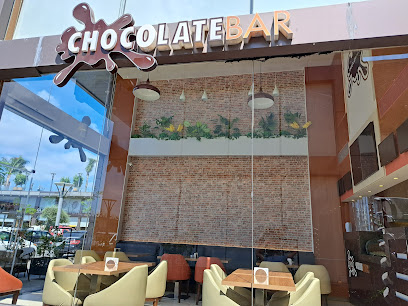
Blue Line Pub&Restaurant
Discover the flavors of Lebanon at Blue Line Pub & Restaurant in Tyre – a perfect spot for delicious dining and vibrant atmosphere.
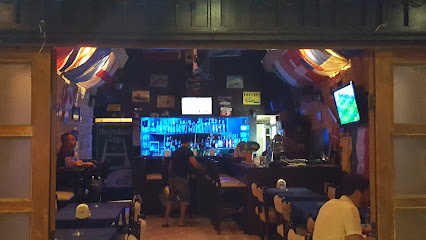
Redwood Tyre
Experience the rich flavors of Lebanon at Redwood Tyre, a culinary haven for food lovers in the heart of Tyre.
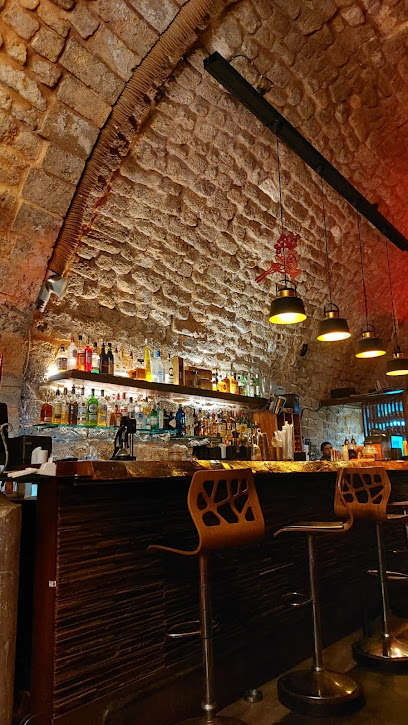
Al Nisser
Discover the vibrant cocktail culture at Al Nisser, Tyre's premier cocktail bar, offering innovative drinks and a lively atmosphere for all.
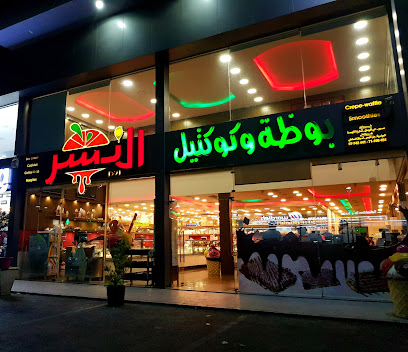
iLä Resto/Bar/Pub
Experience the best of Lebanese nightlife at iLä Resto/Bar/Pub, where delicious food and vibrant atmosphere come together in Tyre.
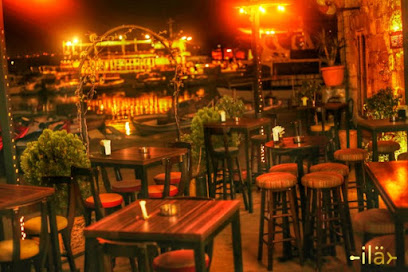
Alicia Trattoria and Bar
Experience authentic Italian cuisine at Alicia Trattoria and Bar in Tyre, where stunning harbor views meet delightful flavors.
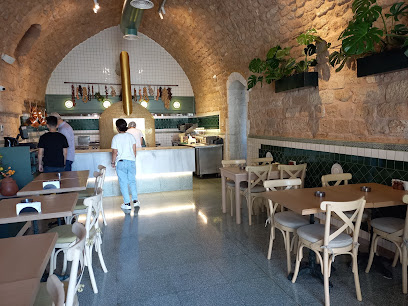
Raymond's
Experience the lively atmosphere and welcoming vibes of Raymond's, Tyre's top pub for drinks, music, and camaraderie.
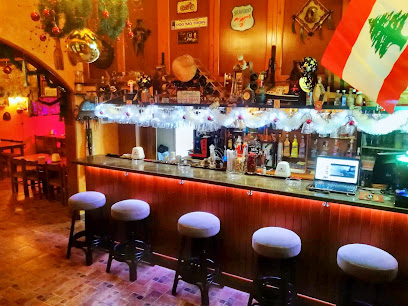
nun hookah lounge
Discover the vibrant Nun Hookah Lounge in Tyre, offering a delightful ambiance and a wide selection of hookah flavors for an authentic Lebanese experience.
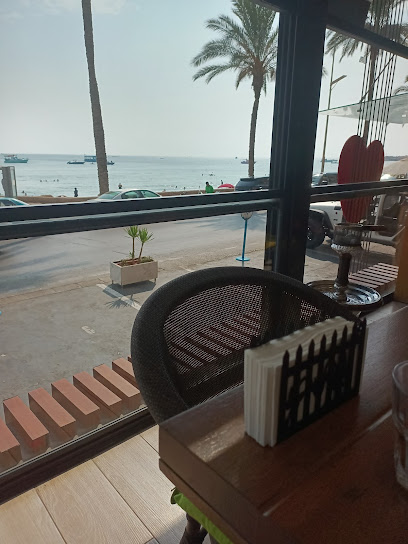
Plage 59
Experience the vibrant beachside atmosphere at Plage 59 in Tyre, where relaxation meets entertainment amidst stunning Mediterranean views.
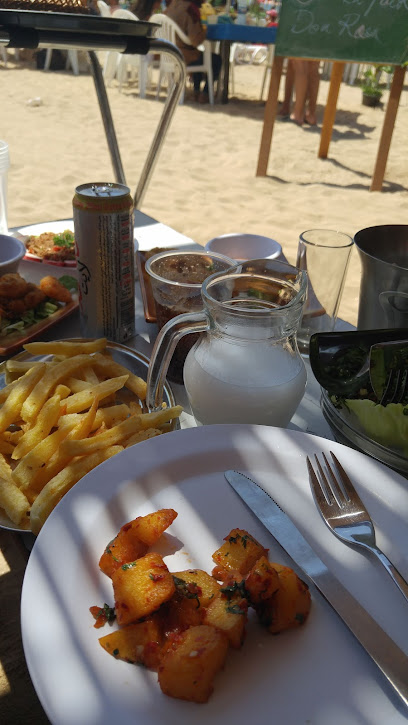
MEMMU
Experience the vibrant nightlife at MEMMU in Tyre, where local charm meets exquisite drinks in a cozy atmosphere.

Local Phrases
-
- Helloمرحبا
[marhaba] - Goodbyeوداعا
[wadaaan] - Yesنعم
[naam] - Noلا
[laa] - Please/You're welcomeمن فضلك
[min fadlik] - Thank youشكرا
[shukran] - Excuse me/Sorryعذرا
[aadraan] - How are you?كيف حالك؟
[kayfa halik?] - Fine. And you?بخير. وأنت؟
[bikhayr. wa ant?] - Do you speak English?هل تتكلم الإنجليزية؟
[hal tatakallam al-inglizia?] - I don't understandأنا لا أفهم
[ana la afham]
- Helloمرحبا
-
- I'd like to see the menu, pleaseأريد أن أرى القائمة، من فضلك
[uriid an araa al-qa'ima, min fadlik] - I don't eat meatأنا لا آكل اللحم
[ana la aakol al-lahm] - Cheers!في صحتك!
[fi sahtak!] - I would like to pay, pleaseأريد أن أدفع، من فضلك
[uriid an adfaa, min fadlik]
- I'd like to see the menu, pleaseأريد أن أرى القائمة، من فضلك
-
- Help!النجدة!
[al-najda!] - Go away!انصرف!
[insraf!] - Call the Police!اتصل بالشرطة!
[itassal bialshurta!] - Call a doctor!اتصل بطبيب!
[itassal bitalib!] - I'm lostأنا ضائع
[ana daa'i] - I'm illأنا مريض
[ana mareed]
- Help!النجدة!
-
- I'd like to buy...أريد أن أشتري...
[uriid an ashtari...] - I'm just lookingأنا فقط أتطلع
[ana faqat atatlal] - How much is it?كم سعره؟
[kam sa'ruhu?] - That's too expensiveهذا غالي جدا
[hatha ghali jidan] - Can you lower the price?هل يمكنك خفض السعر؟
[hal yumkinuk khafd al-sa'ar?]
- I'd like to buy...أريد أن أشتري...
-
- What time is it?كم الساعة؟
[kam al-sa'ah?] - It's one o'clockالساعة الواحدة
[al-sa'at al-wahida] - Half past (10)العاشرة والنصف
[al-ashirah wal-nusf] - Morningالصباح
[al-subah] - Afternoonالظهر
[al-dhuhr] - Eveningالمساء
[al-masaa] - Yesterdayأمس
[ams] - Todayاليوم
[al-yawm] - Tomorrowغدا
[ghadan] - 1واحد
[wahid] - 2اثنان
[ithnan] - 3ثلاثة
[thalatha] - 4أربعة
[arba'a] - 5خمسة
[khamsa] - 6ستة
[sitta] - 7سبعة
[sab'a] - 8ثمانية
[thamania] - 9تسعة
[tasia] - 10عشرة
[ashara]
- What time is it?كم الساعة؟
-
- Where's a/the...?أين...؟
[ayna...?] - What's the address?ما هو العنوان؟
[ma huwa al-anaan?] - Can you show me (on the map)?هل يمكنك أن تريني؟
[hal yumkinuka an tureeni?] - When's the next (bus)?متى الحافلة التالية؟
[mata al-haflah al-taliyah?] - A ticket (to ....)تذكرة (إلى ....)
[tadhkirah (ila ....)]
- Where's a/the...?أين...؟
History of Tyre
-
Tyre, known as 'Sūr' in Arabic, was founded around 2750 BCE. It became a major Phoenician port city and a hub for maritime trade across the Mediterranean. Its strategic location made it a key player in the ancient world, fostering connections with Egypt, Greece, and Mesopotamia.
-
By the 10th century BCE, Tyre had established itself as a powerful city-state. It was known for its production of a rare and highly prized purple dye, made from the murex snail. This 'Tyrian purple' became a symbol of royalty and wealth.
-
Tyre's prosperity attracted the attention of various empires. It fell under the control of the Assyrians in the 8th century BCE and later the Babylonians. Despite these conquests, Tyre maintained a degree of autonomy and continued to flourish.
-
One of the most famous historical events in Tyre's history was the siege by Alexander the Great in 332 BCE. Determined to capture the island city, Alexander constructed a causeway to breach its defenses. After a seven-month siege, Tyre fell to Alexander, marking a significant moment in his campaign to conquer the Persian Empire.
-
Under Roman rule, Tyre became a prominent city in the province of Syria. It prospered as a center of commerce and culture. The city continued to thrive during the Byzantine period, with significant contributions to early Christianity, including the construction of numerous churches.
-
In 636 CE, Tyre was conquered by the Rashidun Caliphate. It later became part of the Umayyad and Abbasid Caliphates. During the Crusades, Tyre was an important stronghold and changed hands multiple times between Crusader and Muslim forces.
-
Tyre became part of the Ottoman Empire in 1517 and remained under Ottoman control until the end of World War I. During this period, the city experienced relative stability and continued to serve as a regional trading center.
-
Following the fall of the Ottoman Empire, Tyre came under French mandate before becoming part of the independent state of Lebanon in 1943. In recent decades, Tyre has faced challenges due to regional conflicts but remains a vital cultural and historical site.
-
Tyre is renowned for its rich cultural heritage, including its Phoenician, Roman, and early Christian sites. The ancient ruins, such as the Roman Hippodrome and Al-Bass Archaeological Site, are UNESCO World Heritage Sites, attracting visitors from around the world.
Tyre Essentials
-
Tyre is accessible from Beirut, the capital of Lebanon, which is approximately 83 kilometers away. The nearest international airport is Beirut-Rafic Hariri International Airport. From Beirut, you can take a taxi, rental car, or a bus to Tyre. The bus service, operated by Connex, offers a cost-effective way to travel, with buses departing from the Cola Transport Hub in Beirut and taking about two hours to reach Tyre.
-
Within Tyre, you can easily get around by walking, as many of the city's attractions are within close proximity. For longer distances, taxis are widely available and relatively affordable. There are also 'service' taxis (shared taxis) which operate on fixed routes and are a budget-friendly option. Car rentals are available in Tyre for those who prefer to explore the region at their own pace.
-
The official currency in Lebanon is the Lebanese Pound (LBP), also known as the Lebanese Lira. US Dollars are also widely accepted, especially in tourist areas. Credit cards are accepted in most hotels, restaurants, and larger shops, but it is advisable to carry cash for smaller establishments and markets. ATMs are available throughout Tyre, but it is wise to have some local currency on hand.
-
Tyre is generally a safe destination for tourists. However, it is recommended to take standard precautions such as avoiding poorly lit areas at night, not displaying valuables, and being cautious in crowded places. While there are no specific high-crime areas targeting tourists, it is always best to stay vigilant. The old city and the port area are popular tourist spots and usually safe during the day.
-
In case of emergency, dial 112 for immediate assistance. Tyre has a local police station and several medical facilities including hospitals and clinics. It is advisable to have travel insurance that covers medical emergencies. Pharmacies are available for minor health issues, and many pharmacists speak English or French, making it easier to communicate your needs.
-
Fashion: Do dress modestly, especially when visiting religious sites. Avoid wearing revealing clothing. Religion: Do respect local customs and traditions. When visiting mosques, cover your head and remove your shoes. Public Transport: Do be respectful and courteous. Don't eat or drink on public transport. Greetings: Do greet people with a handshake. A polite 'Marhaba' (hello) is appreciated. Eating & Drinking: Do try local delicacies and accept food offerings graciously. Don’t refuse hospitality, as it is considered impolite.
-
To experience Tyre like a local, visit the local souks (markets) where you can buy fresh produce, spices, and traditional goods. Engage with locals; they are often friendly and willing to share stories about Tyre’s history and culture. Don’t miss visiting the ancient ruins and the Roman Hippodrome. For a unique experience, enjoy a traditional meal at a seaside restaurant while watching the sunset over the Mediterranean.
Trending Landmark in Tyre
-
Ruins of Tyre - Necropolis
-
Sour Beach
-
Tyre World Heritage Site
-
Tyre Beach
-
Tyre Hippodrome
-
Tyre Coast Nature Reserve
-
Ruins of Tyre : The Egyptian Port
-
بحر صور
-
Tyre Lighthouse (Al Fanar)
-
Tyre Cemetery
-
Tyre Al-Bass World Heritage Site
-
Byzantine Arch of Tyre
-
Tyre City Cisterns
-
Tyre corniche
-
Entrance to the Tyre Al-Bass World Heritage Site
Nearby Cities to Tyre
-
Things To Do in Rosh HaNikra
-
Things To Do in Nahariya
-
Things To Do in Sidon
-
Things To Do in Marjayoun
-
Things To Do in Akko
-
Things To Do in Acre
-
Things To Do in Safed
-
Things To Do in Haifa
-
Things To Do in Deir el Qamar
-
Things To Do in Tiberias
-
Things To Do in Nazareth
-
Things To Do in Rashaya
-
Things To Do in Aley
-
Things To Do in Beirut
-
Things To Do in Broummana










